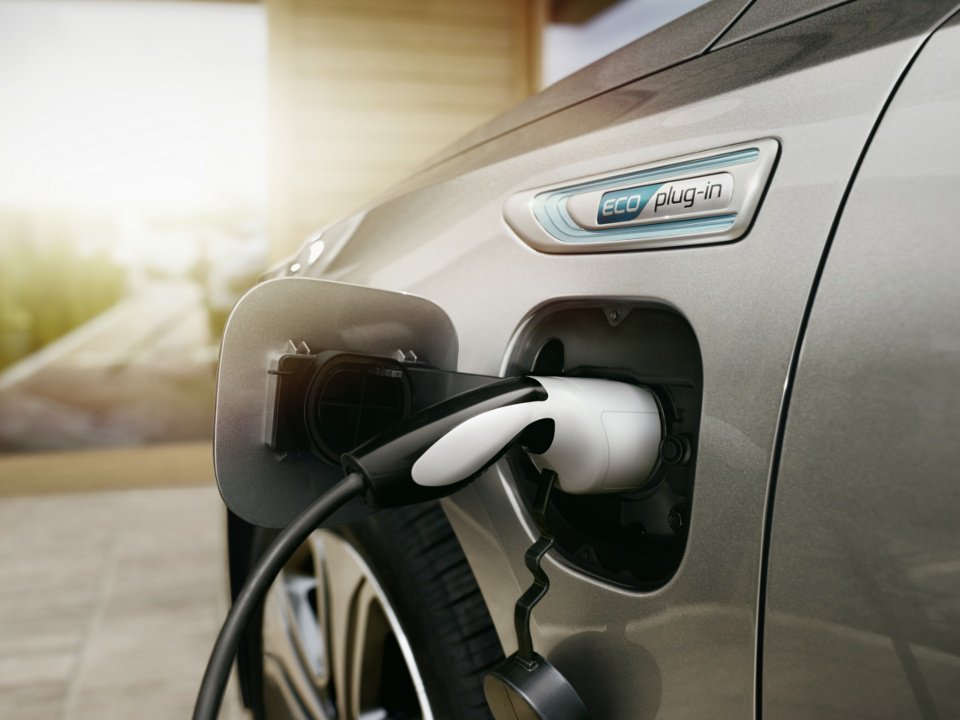(Repost: Autovista Group)
Car makers are relying on EV strategies to boost their flagging sales of diesel and to help them meet strict CO2 output guidelines due to come into effect in the EU by 2021. However, any increase in battery production will hit the supply market for raw minerals.

‘The risk of running into bottlenecks in raw material supply is increasing because demand is growing faster than production capacity,’ Matthias Wachter, head of security and raw materials at the BDI was quoted as saying by German Sunday paper Welt am Sonntag. ‘Without sufficient supplies for instance of cobalt, graphite, lithium or manganese there won’t be any future technology ‘made in Germany’.’
Volkswagen said it is pushing to secure long-term supply contracts to avoid material shortages as it aims to invest €70 billion in battery-powered cars by 2025 to challenge US-based Tesla.
Daimler’s Mercedes-Benz brand plans to offer an electric version of every model it sells by 2022, while rival BMW, a pioneer in electric cars with its i3 model, aims to achieve mass production by 2025 with 12 fully electric models.
Vehicle manufacturers will require large amounts of materials such as cobalt in order to develop the li-ion (lithium ion) battery that powers electric vehicles (EVs). These will require much larger quantities of raw materials than those found in smartphones and iPads. This is challenging small markets for lithium and cobalt, which have seen dramatic price rises.
The battery of a?BMW?i3, for example, contains 35kg of graphite, 12kg of nickel, 12kg of cobalt, 12kg of manganese and other metals.


